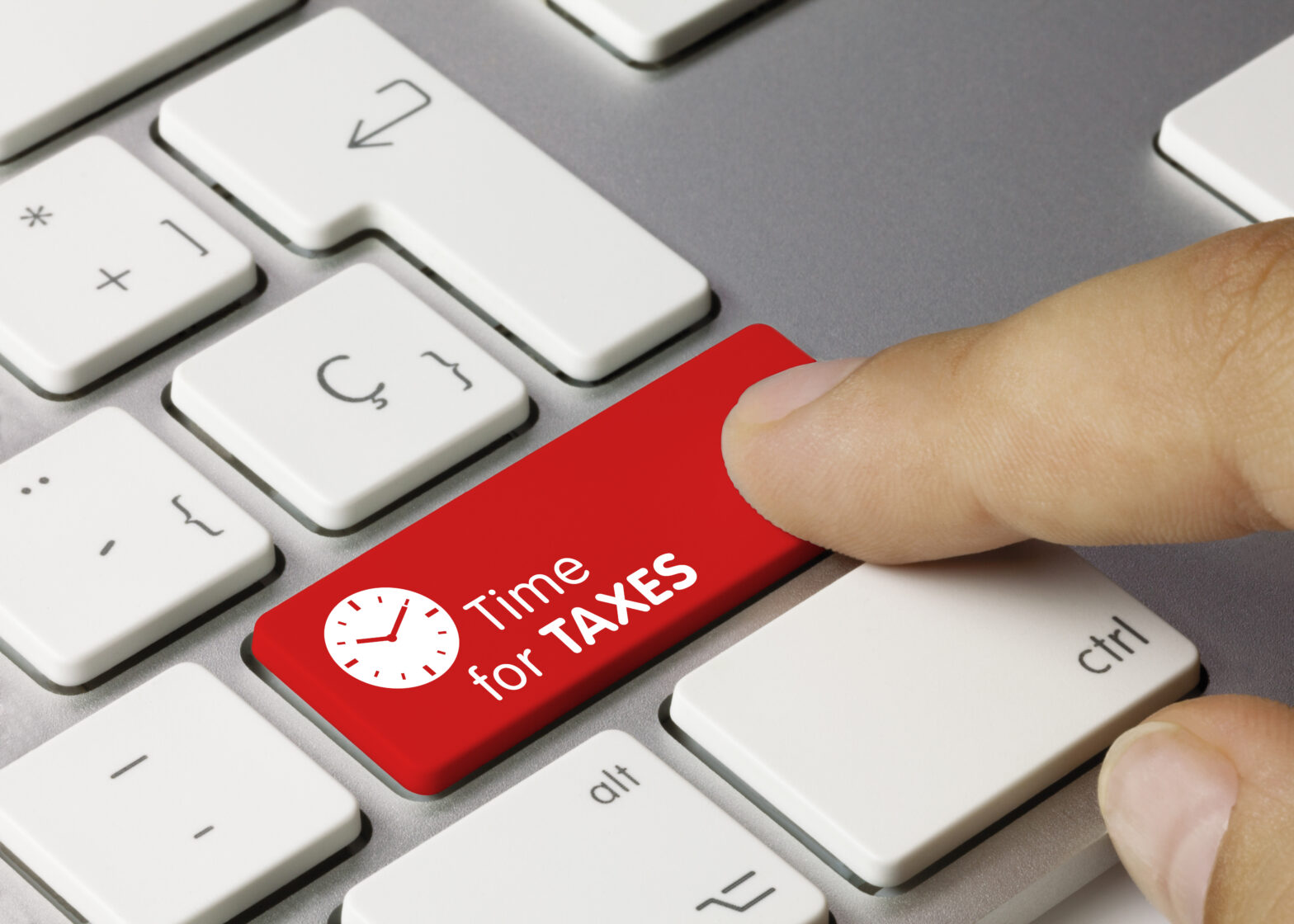Making Tax Digital or MTD is something we’re all going to hear a lot more about in the coming months. The tax system is set to be transformed to fit the digital age we now live in and will look and feel very different by 2020. For the first time, businesses will be able to see, through their digital accounts, a real-time view of their tax and a calculation of the tax due. Going digital will abolish the annual tax return as we know it, replacing it with a personalised digital service through which taxpayers will be able to send and receive information to HMRC at the click of a button.
To achieve this, every business with a turnover of more than £10,000 per year will need to use online accounting software to record income and expenses and every quarter will be required to submit a summary of that information to HMRC online. The paper records and spreadsheets will no longer be enough.
See also: MTD explained – what it all means and why there’s no need to panic
According to research by the Institute of Chartered Accountants in England and Wales, three quarters of businesses are not currently using accounting software to maintain their accounts electronically. The number is even higher amongst sole traders with 82 per cent of one-person businesses that say they do not use software.
Making Tax Digital: The move to online software
So, what are the challenges for businesses that keep paper records or use simple spreadsheets in moving to online software? As with all technology, one size is not going to fit all so it is worth taking the time to find the software that suits your business. Providers usually operate a free 30-day trial of the software so you can try before committing.
Cost is likely to be a big consideration and many businesses won’t want to pay too much to make the jump from Excel. Surprisingly, a good online accounting system does not need to cost a fortune and a monthly subscription can start from as little as £3 per month; not much more than the cost of a large coffee.
With most small business owners having a smartphone, the good news is that they already have the tools to make the jump to the cloud. Being able to work anytime, anywhere is a revelation for those who have been used to playing catch up with their accounts in their supposed spare time. Imagine being able to invoice a job or provide a quote whilst on the train? This is about managing finances on the go and working smart in a digital age.
In every walk of life, people are embracing the digital revolution and enjoying the benefits it brings. Today’s online accounting systems aren’t something to fear: many are easy to use and give small businesses access to the level of information they would only have dreamt of. Today’s it is possible to literally run a business from your phone with information that is always up to date.
To help understand how Making Tax Digital will work, HMRC has published some fictional case studies. This example features a small plumbing company and may help to put the changes into context.
Dave and his wife are directors of a small supply and plumbing company. It’s busiest during the winter months and steady throughout the rest of the year. They have recently registered the company for VAT. Dave and his wife are the only employees.
Before
- Dave keeps the company’s business records on a spreadsheet
- He has an accountant prepare the Corporation Tax (CT) return
- Income fluctuates over the year and he worries about cash flow
- He also worries about his tax obligations and keeping on top of different reporting/ payment cycles for different taxes
- Whilst other areas of the company are easily managed ‘on the go’, tax management is not
- Dave feels disconnected from the company’s tax position and misses out on useful support because he’s not aware of it
After
- Dave chooses a third party record keeping App to help him stay up-to-date throughout the year
- The App supplies Dave’s accountant with the company’s records throughout the year
- It also prompts Dave in real time to check potential errors
- Updating HMRC quarterly gives Dave more up-to-date information on the company’s cash flow and greater certainty about the company’s tax bill
- He also links his company bank account to the App so that income and expenditure automatically populates the company’s quarterly update
- All of Dave’s tax information is together in a single place. All he needs to do is review it and update the company’s digital tax account with HMRC
- Dave has also authorised his accountant to view his digital tax account
- Through the App, HMRC can also signpost Dave to relevant help, support and relevant training
- The support feels tailored to the company and helps Dave to make the right decisions for the company
The phasing in of keeping track of tax affairs digitally by 2020 is designed to give businesses time to adapt and get used to using tools, such as software or apps, to keep records of their income and expenditure.
Mark Woolley is director of Reckon Software.





